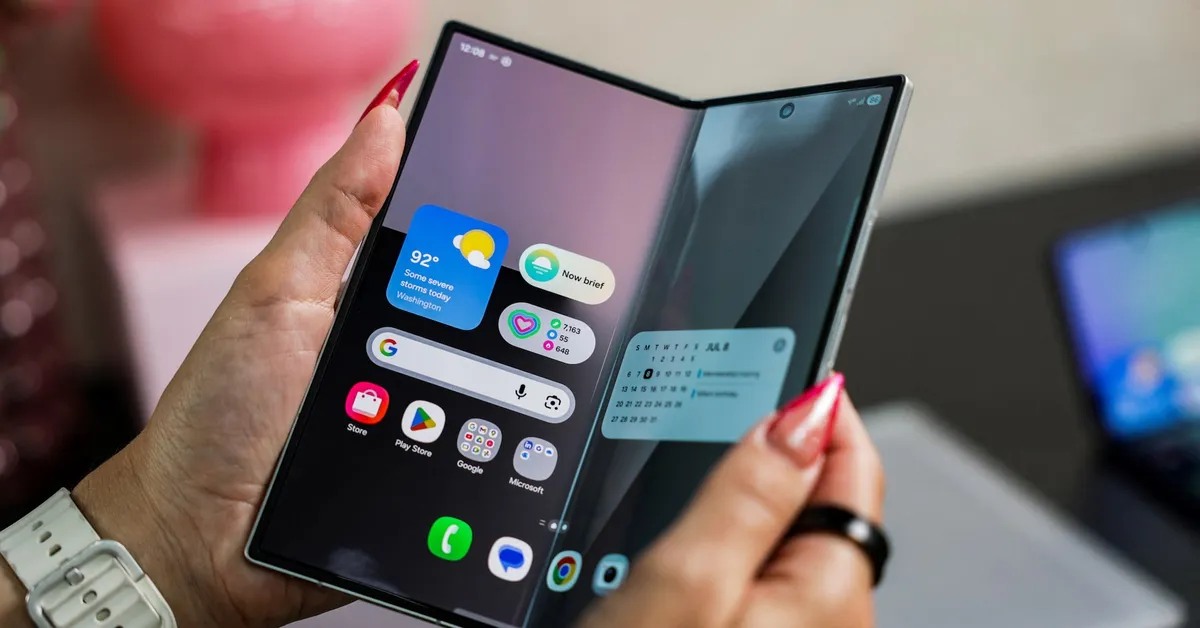
The stakes are undeniably high for Samsung, as the South Korean tech giant lost its global smartphone crown to Apple in 2023. Compounding the challenge, Samsung faces increasing competition from Chinese rivals, particularly Huawei and Honor. To stay ahead in this fierce market, Samsung's mobile president and chief operating officer, Choi Won-joon, has articulated a clear mission: to position Samsung as a leader in AI-powered smartphones.
In his first media interview since his promotion in March, Choi stated, “I believe that foldable phones, integrated with AI features, are ready to become mainstream by offering a unique, differentiated experience.” This vision aligns with Samsung's recent unveiling in New York of its first smartwatches equipped with Google's AI voice assistant, Gemini. This innovative assistant can provide personalized recommendations, such as suggesting ideal locations for a run.
In April, Samsung announced its commitment to a premium product strategy, a move prompted by U.S. tariffs that threaten to dampen demand and increase component costs. To this end, the company raised the price of its flagship Galaxy Z Fold 7 by 5%, bringing it to $1,999, while also introducing a more affordable version of its Galaxy Z Flip 7 clamshell phone, priced at $899.
Analysts have noted that Samsung's latest models address some of the persistent issues associated with foldable phones, such as bulkiness. The new Galaxy Z Fold 7 is now 10% lighter and 26% thinner than its predecessor, the Fold 6. However, despite these improvements, high pricing and a limited number of use cases suggest that foldable phones are likely to remain a niche segment. According to data from research firm IDC, foldable phones currently account for just 1.5% of the total smartphone market.
Looking ahead, research firm Canalys predicts that Samsung's foldable shipments, which peaked in 2022, will likely remain flat or experience a slight decline by 2025, reflecting the broader market's stagnant growth. Notably, while Samsung's foldable smartphones represent only 4% of its total phone sales, they account for a significant 16% of sales priced over $800.
Despite Samsung's current dominance in the foldable phone segment, the competition is intensifying. Honor and Huawei are gaining traction, especially in China, which is eroding Samsung's market share. During the recent unveiling event in New York, Choi indicated that Samsung will strategically focus on sales in the United States, Europe, and South Korea for its foldable phones.
Choi also hinted at exciting developments on the horizon, revealing that Samsung is diligently working on tri-foldable phones, which can be folded in three different ways. However, specific launch dates for these innovative devices were not disclosed.
As Samsung navigates this challenging landscape, its ability to innovate and adapt will be crucial in reclaiming its position as a leader in the global smartphone market.